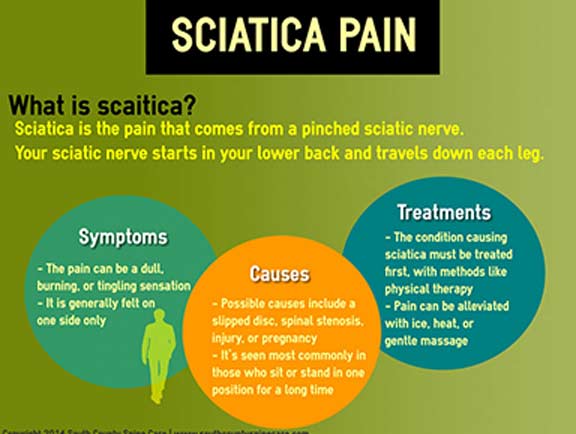When you're taking into consideration therapies for discomfort or health, you could encounter acupuncture and completely dry needling. more info here include needles however have unique objectives and techniques. Acupuncture concentrates on stabilizing your body's power, while dry needling targets certain muscle mass discomfort. Understanding these distinctions can help you make an educated decision about which treatment could fit your needs. Yet exactly how do you choose which one is right for you? Let's check out additionally.
Understanding Acupuncture: Concepts and Practices
Acupuncture, rooted in standard Chinese medicine, entails the insertion of thin needles at specific factors on the body to advertise healing and balance.
You'll discover that acupuncture is based on the principle of Qi (or "chi"), which is the vital force that moves via your body. When your Qi is blocked or out of balance, it can cause different health and wellness problems.
By stimulating specific acupuncture points, you help recover this equilibrium, enhancing your total wellness. Procedure usually last around 30 to 60 minutes, and you could really feel a feeling of relaxation or mild discomfort throughout needle insertion.
Experts frequently customize treatments to your individual demands, attending to problems like persistent discomfort, stress, and gastrointestinal problems properly.
Discovering Dry Needling: Techniques and Applications
While both acupuncture and completely dry needling involve inserting needles into the skin, completely dry needling concentrates specifically on dealing with myofascial pain by targeting tight muscular tissue bands and cause points.
Throughout a session, your specialist will identify these locations of tension and insert thin needles directly into them. This method assists launch muscle knots, enhance blood circulation, and advertise healing. You might experience a shiver reaction, which suggests the muscle mass is releasing tension.
https://www.medicalnewstoday.com/articles/327131 regarding 30 to 60 mins, relying on the variety of locations dealt with. Dry needling can be incorporated with other therapies like physical therapy for enhanced results.
It's necessary to interact any type of discomfort with your specialist to ensure a comfortable experience tailored to your requirements.
Contrasting Efficiency and Safety of Both Techniques
When considering the effectiveness and safety of acupuncture and dry needling, it's important to identify that both strategies have their one-of-a-kind advantages and threats.
Acupuncture often promotes total health, dealing with various health problems via energy circulation policy. Many people locate it useful for stress alleviation and persistent pain management.
On the other hand, completely dry needling targets certain muscular tissue trigger points, usually causing quicker pain relief in local locations.
Nevertheless, both approaches can have side effects, like soreness or minor wounding. Safety greatly relies on the expert's experience and technique.
Ultimately, your option may depend upon your specific needs, choices, and previous experiences, so consulting with a health care specialist can aid direct you towards the most effective alternative for your circumstance.
Final thought
In conclusion, both acupuncture and dry needling offer unique advantages depending on your needs. If you're looking for total wellness and stress alleviation, acupuncture may be your go-to. Nonetheless, if you're handling muscle tension and myofascial discomfort, dry needling can supply quicker alleviation. Eventually, comprehending the differences assists you make an enlightened selection that matches your particular problem and personal choices. Count on your instincts, and do not wait to try either technique for your wellness!
